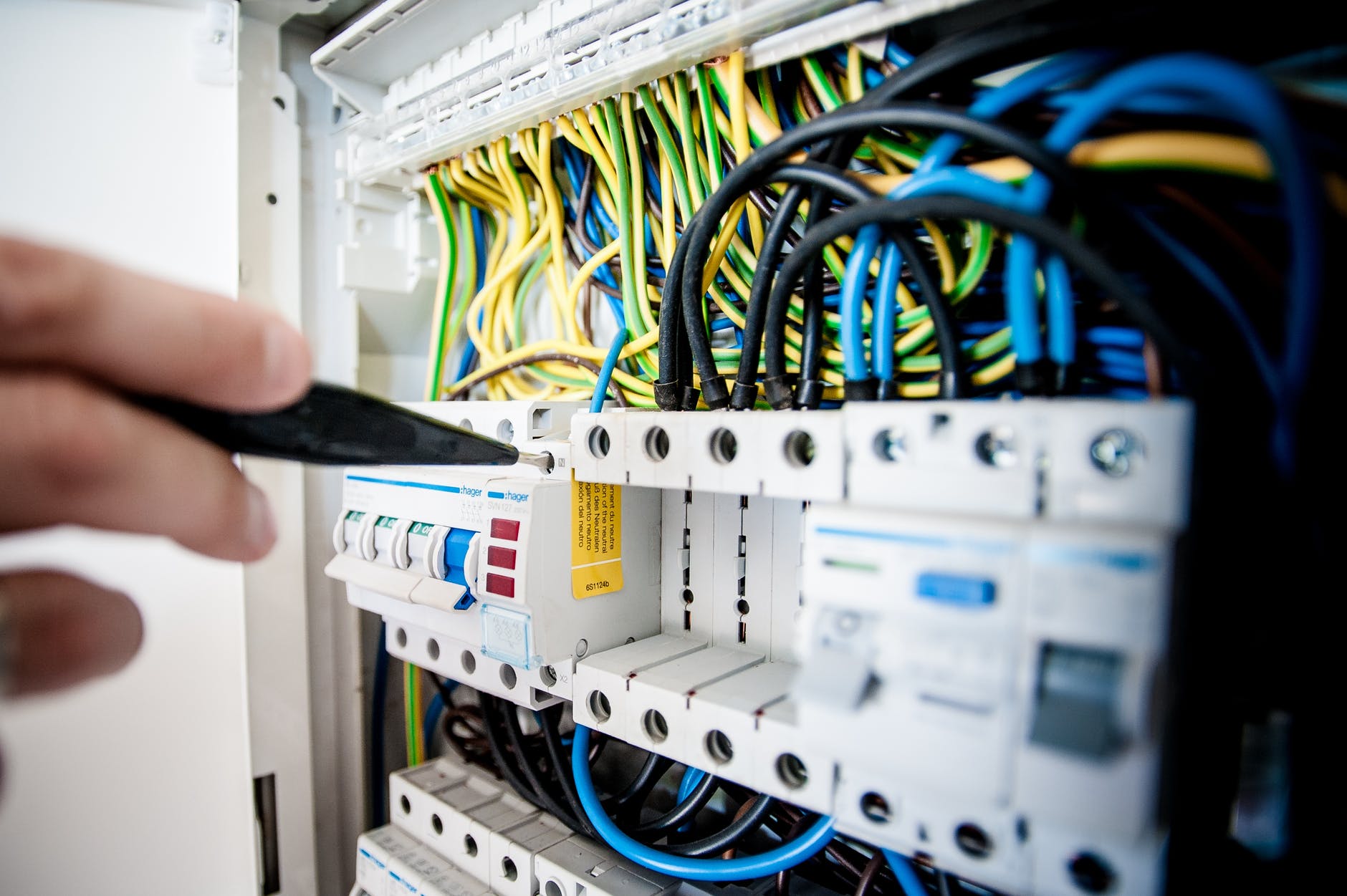What Is a Low Voltage Technician
Most commercial and residential construction projects include low-voltage technicians as an essential component. They work to install low-voltage technologies like landlines, security systems, and fire alarms, as well as garage door openers. You can decide if a career as a low-voltage specialist is right for you by learning more about the duties of low-voltage technicians. What a low voltage technician does is covered in this article, along with the skills they need and the advantages of working in this fascinating industry.

Low voltage technicians frequently rely on their in-depth understanding of various low voltage and always-on technologies. While some low-voltage experts may work for a business that specializes in installing and upkeep a particular line of devices, others offer more general services. When applying and interviewing for various low-voltage technician positions, it is typically beneficial to have a solid understanding of standard low-voltage technology. It can demonstrate to potential employers that you are knowledgeable about key tools that you will probably use frequently in your position.
What does an expert in low voltage do?
Low-voltage systems power necessary technologies in residential and commercial settings. These can include security technology, indicators, measurement devices, or always-on technologies like gate and garage door openers. If you’re interested in pursuing a trade, you may have wondered, “What does a low-voltage technician do?”
Low-voltage technicians must install, maintain, and repair these systems. They also repair broken wiring and faulty parts. They might participate in a team on a sizable construction site or work independently on smaller projects at post-construction residential job sites.
What are the main responsibilities of a low-voltage technician?
Low voltage technicians have a different area of focus than general electricians, even though they work with electrical equipment. Because of the nature of their technology, working with low-voltage technologies calls for a particular set of skills. Some of the primary duties of a low-voltage technician include the following:
-installing routers, measurement equipment, security systems, and other low-voltage technology
-up to 4 kV and 500 kV electrical generator maintenance and repair
directing assistant technicians and training new hires or apprentices in technical skills
-adding new components to current low-voltage systems
-ensuring that all individuals performing work on the construction site adhere to provincial and federal regulations and safety standards
-collaborating with other trade experts to maintain a safe and effective job site
-examining blueprints to ascertain the best way to install the parts and wiring
What abilities are necessary for low-voltage technicians?
Various special skills can be necessary for working as a low-voltage technician. One of the most vital acquired abilities that low-voltage technicians can use is communication skills.
On a job site, low-voltage technicians frequently take client calls, take orders, and speak with other tradespeople. They benefit from having strong communication skills because part of their daily work involves understanding instructions and corresponding with customers and coworkers. Communication is essential for any role in the trades to ensure a successful and safe working environment.

